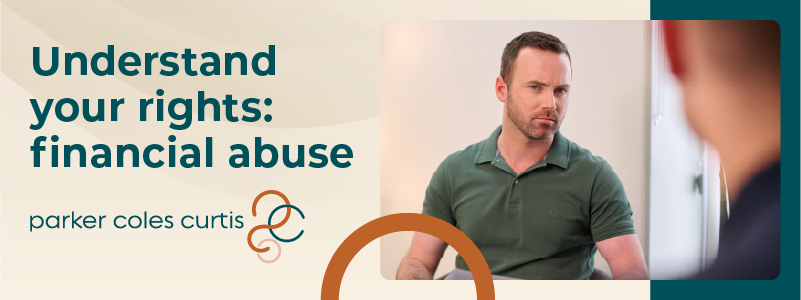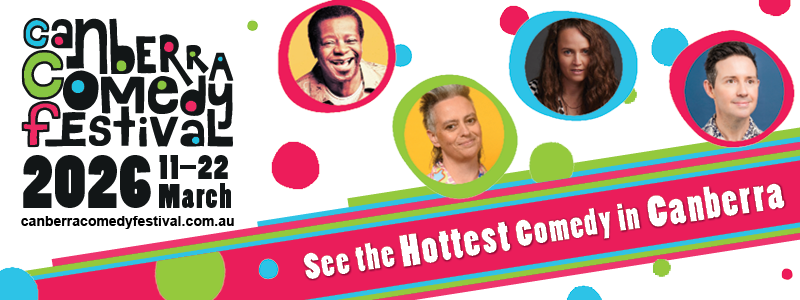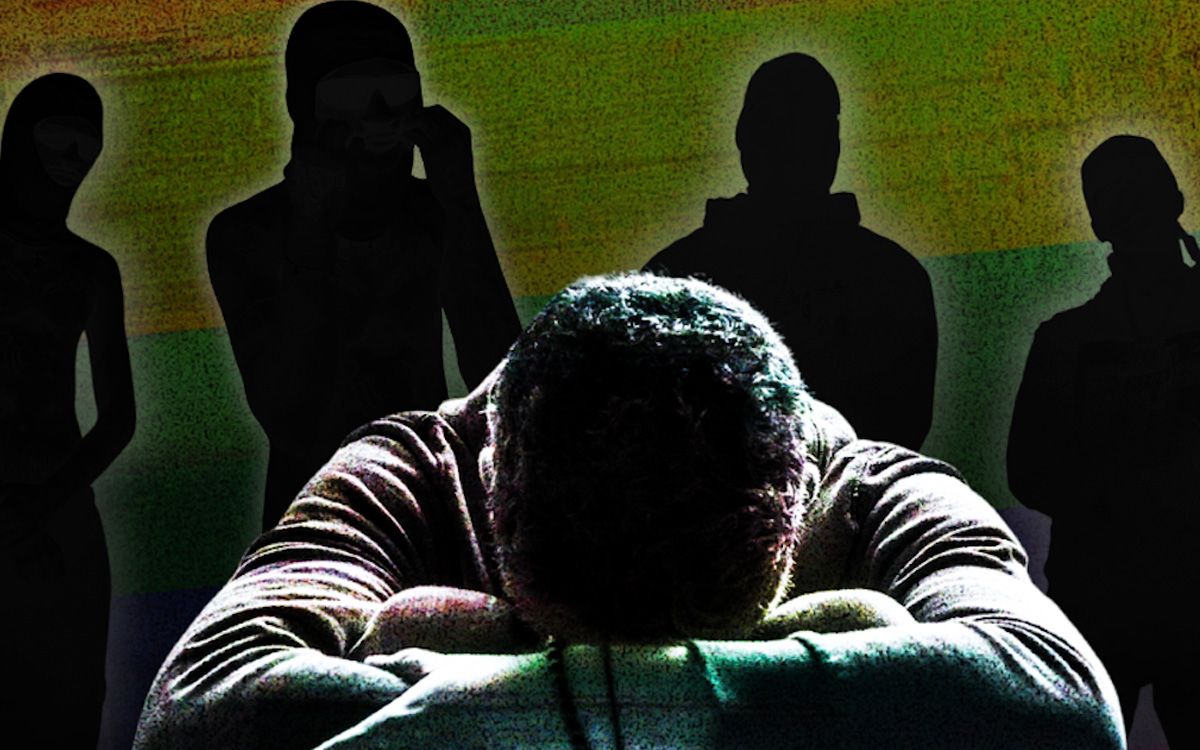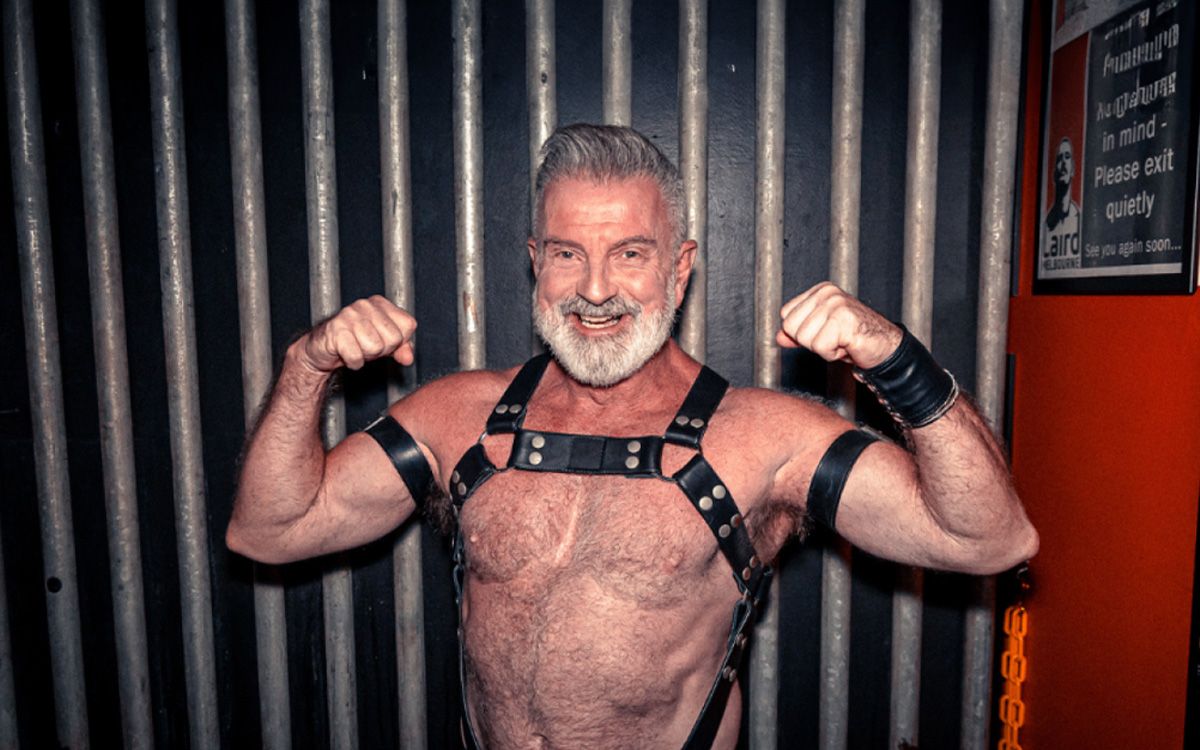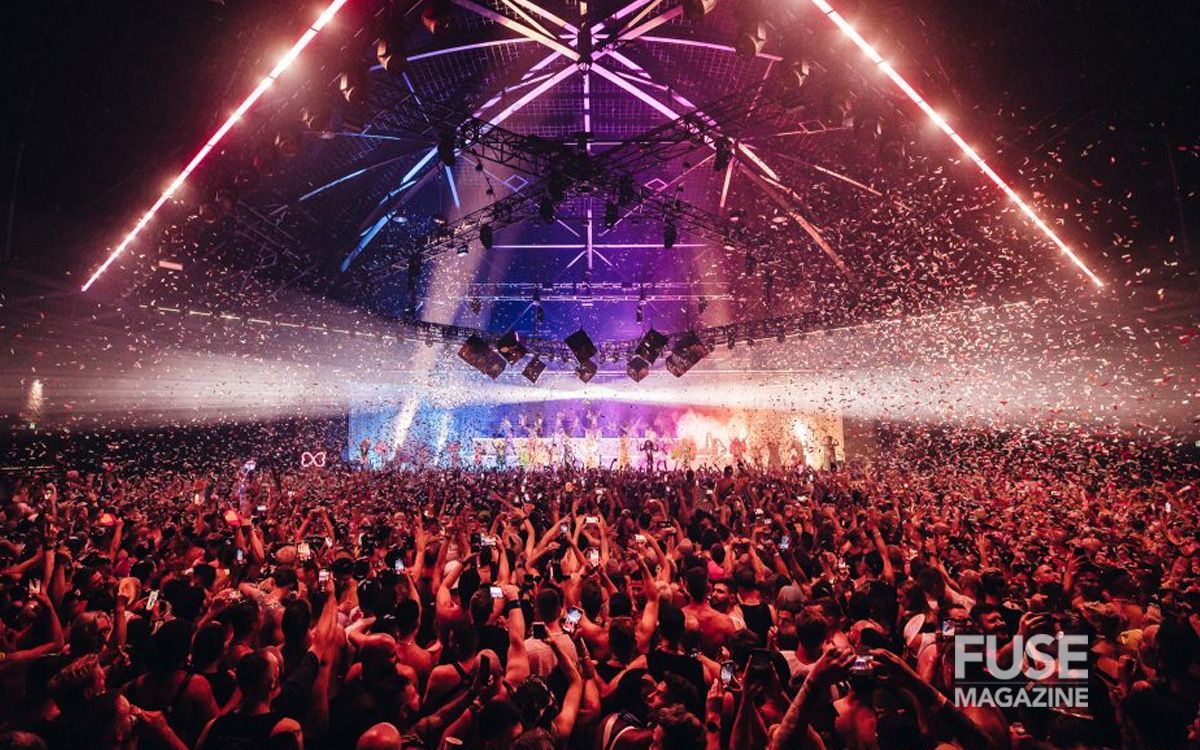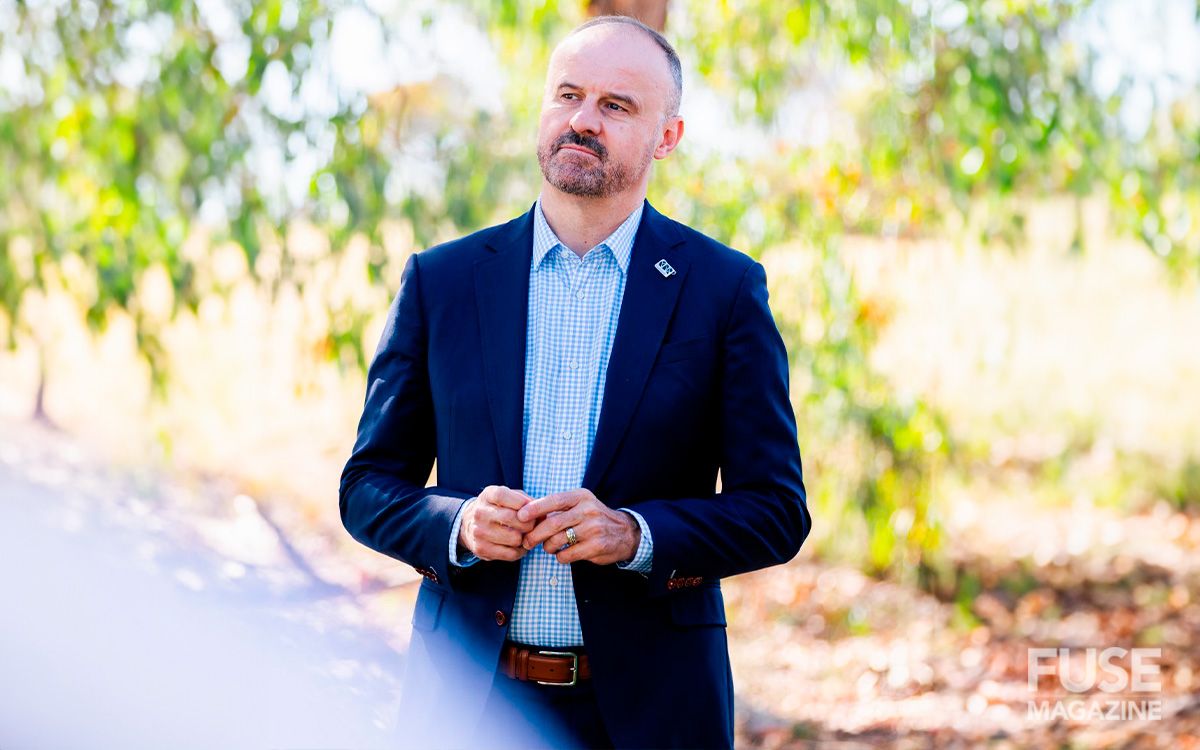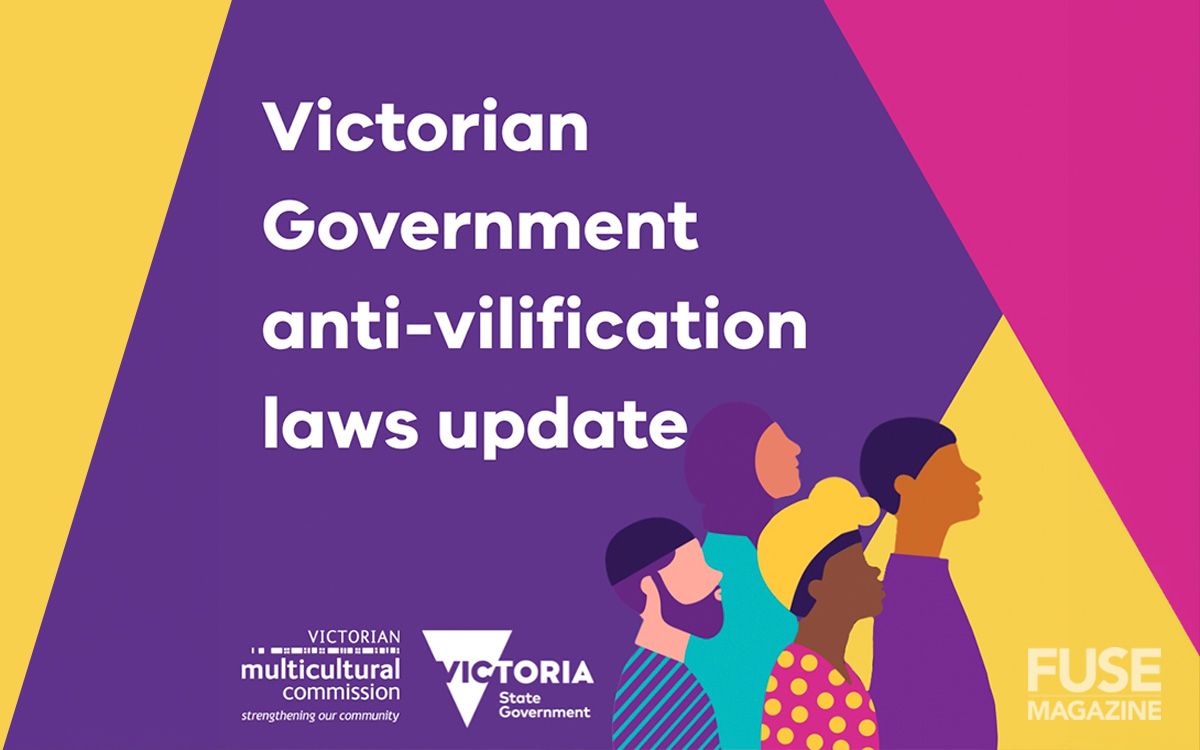Divisions among the LGBTIQ+ community over support of police
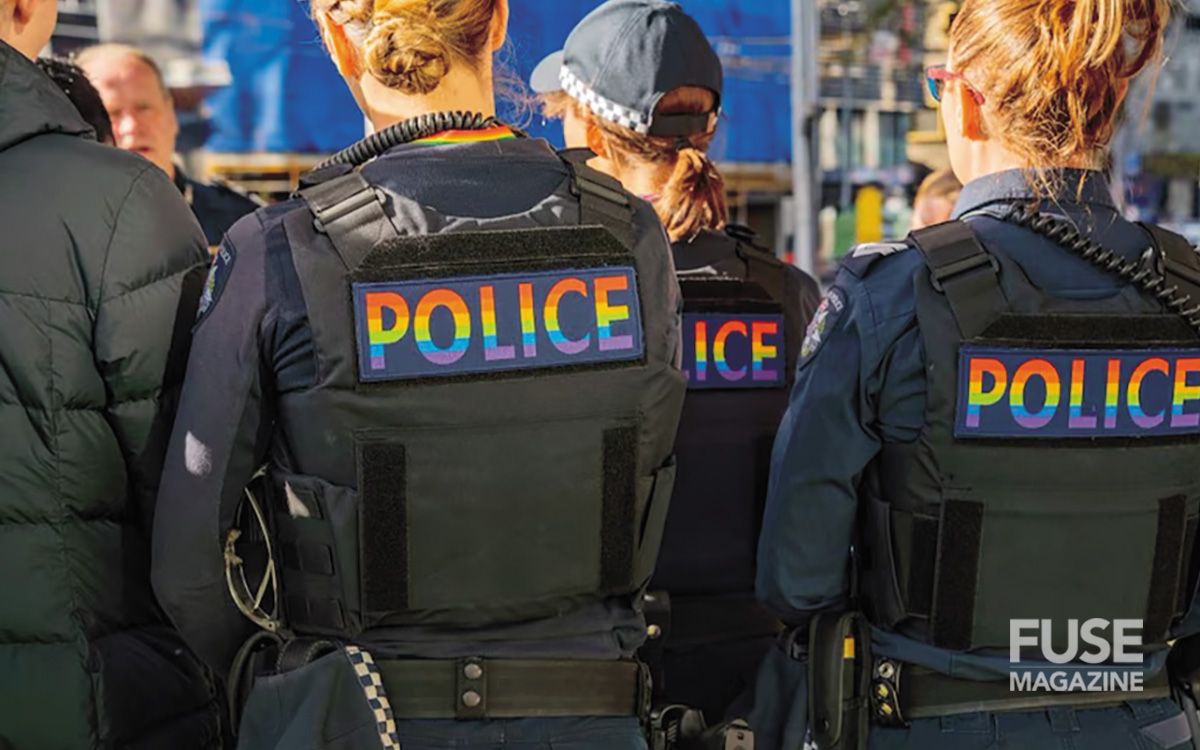
A recent national survey conducted by the advocacy groupJust. Equal Australia has revealed that most LGBTIQ+ individuals support the presence of police at pride parades and other queer events, with 63.9% backing their participation.
However, at 36.1%, young and gender-diverse people are least supportive of police involvement and strongly oppose police participation in queer events. This dichotomy highlights the complex and contentious relationship between law enforcement and the LGBTIQ+ community.
Pride parades have their roots in protests against discrimination and police brutality, with the first Sydney Mardi Gras in 1978 being a direct response to anti-gay laws and police actions. Over time, these events have evolved into celebrations of diversity and inclusivity. Most recently, tension has hit an all-time high as the queer community has passionate debates about the inclusion of police at festivals likeSpringOUT, Midsumma and Sydney Mardi Gras.
Those who support police participation cite that times have changed significantly, and with the current resurgence of right-wing politics, the importance of safety and the role of police in ensuring a secure environment for participants and spectators.
Additionally, some recognise police efforts to improve relationships over the years through dialogue and liaison programs, while also recognising the many queer people that serve on the force.
On the other hand, opponents point to historical and current instances of police misconduct, especially in reference to heavy-handed drug enforcement and harassment of queer folk at dance parties and other events. This has been a particular issue in NSW.
Opponents also argue that allowing police to march in pride parades can be seen as legitimising these and past actions, undermining the original purpose of pride events.
In Sydney, a recent community consultation found that 54% of respondents did not believe police should be allowed to march in the Mardi Gras parade, leading to a ban on uniformed officers participating in the event last year.
Despite this however, the broader Australian survey suggests that nationally there is more queer support for police presence at pride events, albeit with conditions such as improved community relations and accountability.
The debate over police reflects deeper societal discord regarding a multitude of issues like human rights, trust, drug laws, safety and inclusivity. As queer events continue to evolve, finding a balance and community trust will be crucial for fostering a positive and respectful environment for everyone.


